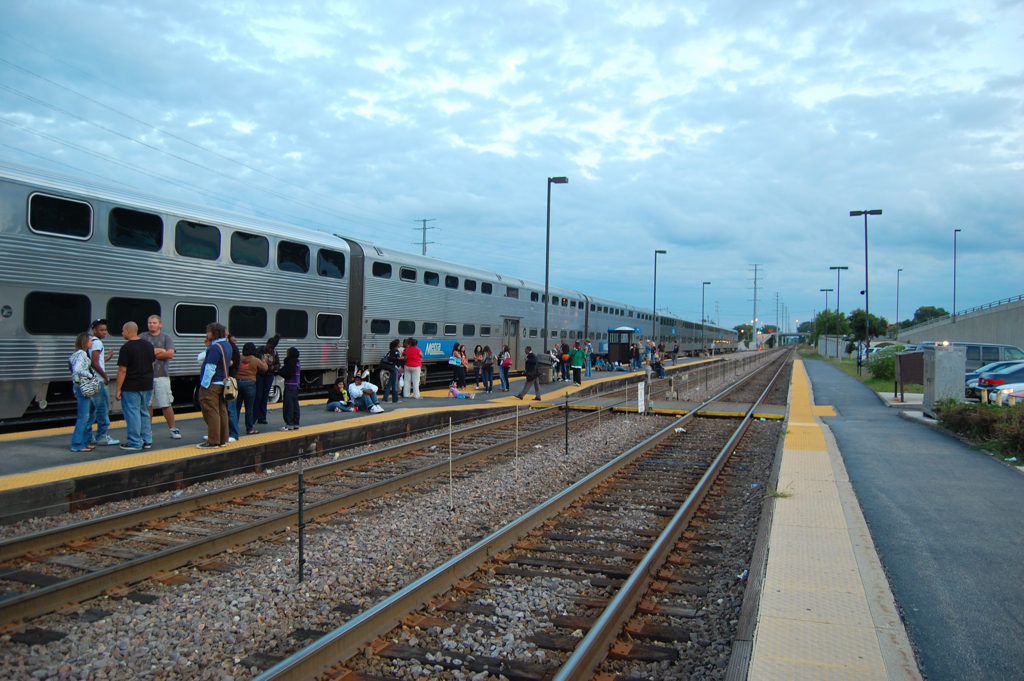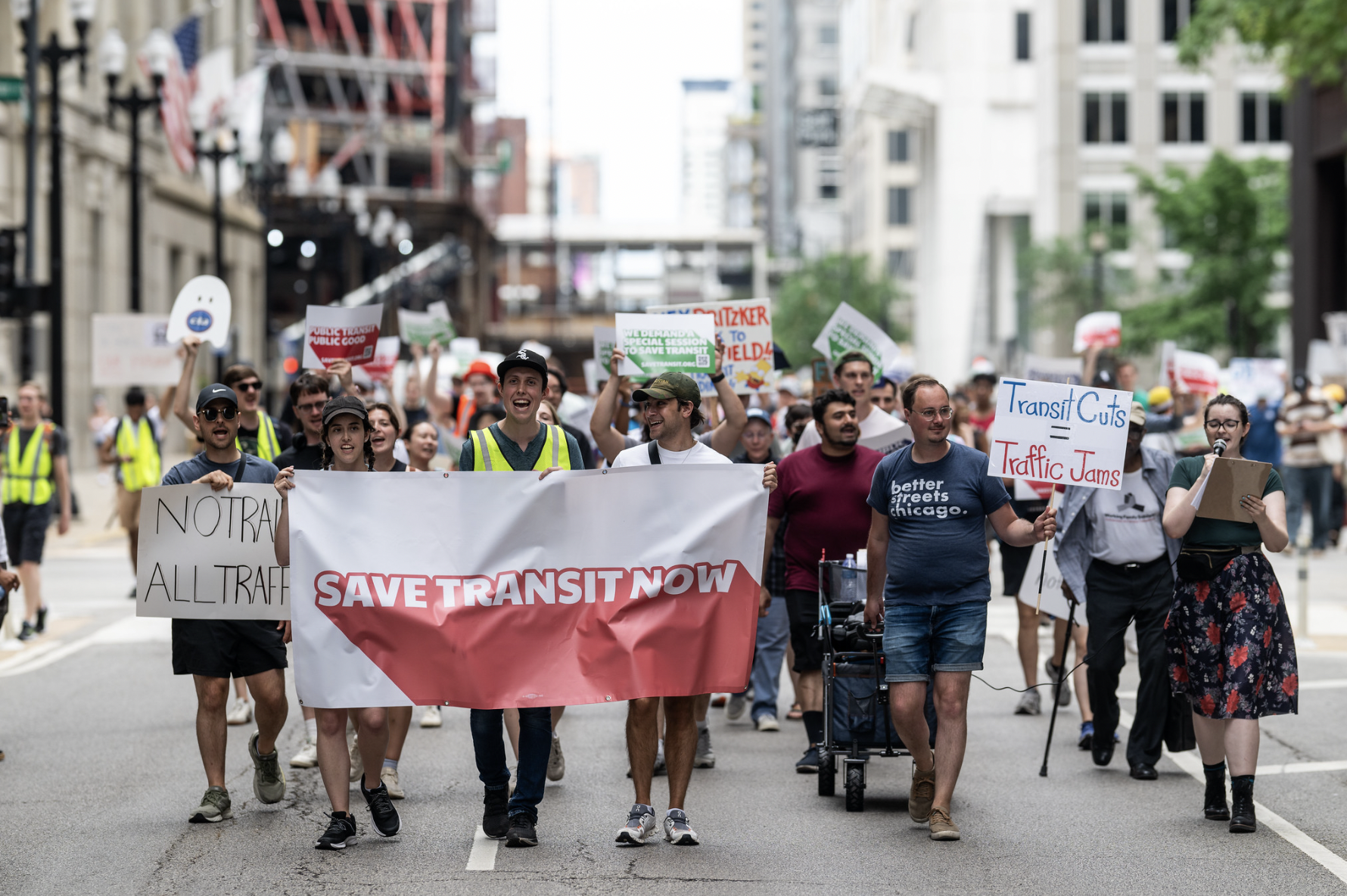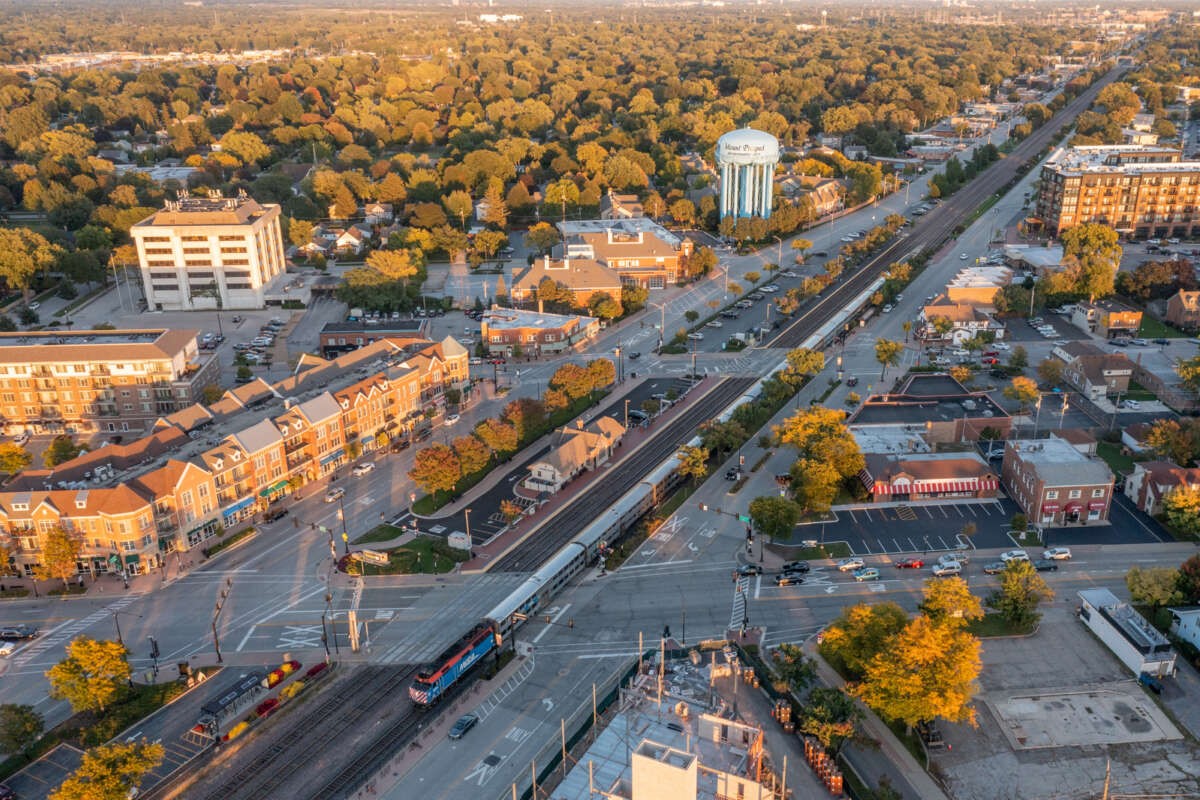There was a welcome announcement from Metra earlier this week. After raising fares multiple times in recent years, the commuter railroad announced this week that they will be holding the line on fares in 2020. On top of that, thanks to the nearly $45 million Illinois capital bill that passed the state legislature in June, Metra is budgeting $2.6 billion for capital improvements over the next five years, with a focus on railcars, locomotives, stations, bridges and service improvements.
“We are happy to give our customers a double dose of good news this budget season,” said Metra CEO Jim Derwinski. “First, we have been able to keep our operating expenses in check and will not need to raise fares to cover higher operating costs. Second, thanks to Springfield stepping up, we do not need to raise fares for capital needs – in fact, we now have a significant infusion of capital dollars to help us begin to attack our backlog of capital work.”
Metra said that, as it does every year, it searched for ways to cut costs to avoid a fare hike, identifying about $5 million in efficiencies. In addition, the railroad expects to save about $7 million by not filling job vacancies and about $9 million by reducing overtime and other miscellaneous expenses. However, not hiring people to fill those vacant jobs could be counterproductive if it reduces Metra's capacity for strategic planning or other important aspects of running the railroad.
The $21 million in savings will help make up for an expected $26 million increase in operating expenses in 2020, including about $7 million in new operating expenses associated with Positive Train Control, the federally mandated safety system, and about $19 million in labor and various other operating expenses.
Therefore, Metra expects its overall operating budget to increase by $5 million next year, from $822 million in 2019 to $827 million in 2020. Operations can not be funded by the Illinois capital bill, but the railroad said that higher revenues from the regional transportation sales tax, which pays for a little over half of Metra’s operating budget, will cover that $5 million.
Metra also unveiled a preliminary capital program that includes nearly $2.6 billion in funding over the next five years, a significant increase from recent years. The railroad expects to receive about $215.5 million in each of the next five years from the sale of state bonds, and an additional $73.8 million a year from funding tied to a higher state fuel tax, for a total of $1.45 billion in new state funding. That money will be added to $962 million in expected federal funding, $145.8 million in expected RTA funding and $26 million in Metra fare revenue devoted to capital needs.
Metra is still hashing out a list of specific projects to be funded by the program, but it will be presented when the capital program is proposed in October.





